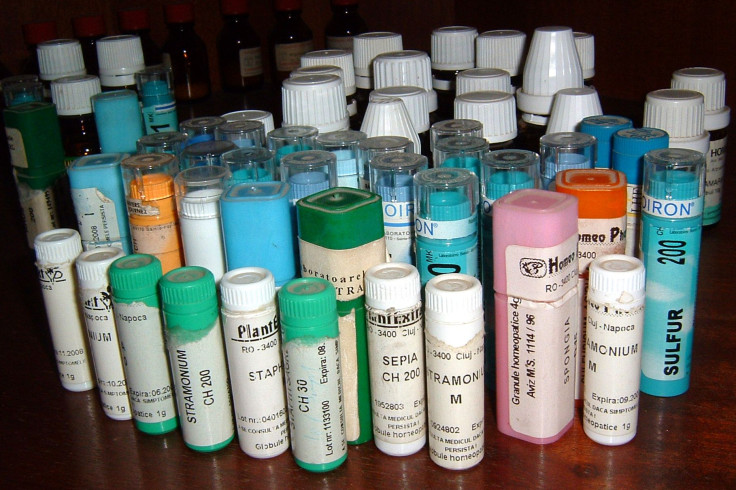Homeopathy controversy: AHA claims NHMRC report influenced by anti-complementary medicine campaigners

A World health Organisation (WHO) review stated that in 2009, Australians spent US$7.3 million (AU$10.18 million) on homoeopathy. Yet, homeopathy has been declared a “therapeutic dead-end” by a leading Australian scientist and academic in evidence-based medicine at Bond University, Prof. Paul Glasziou.
Glasziou was the chair of a working party by the National Health and Medical Research Council (NHMRC). It reviewed evidence of 176 trials of homeopathy to establish if the treatment is valid. Glasziou’s study focused on 68 different health conditions, a total of 57 systematic reviews containing 176 individual studies. He found no evidence that homeopathy was more effective than placebo on any of the conditions.
The review concluded that “there was no reliable evidence from research in humans that homeopathy was effective for treating the range of health conditions considered.”
The Australian Homoeopathic Association (AHA) accused NHMRC of a bias that influenced its findings and approach. It also claimed that NHMRC was influenced by anti-complementary medicine campaigners. It contrasted the NHMRC's findings with those of a Swiss review which included “inter-disciplinary medical experts.”
“The World Health Organisation (WHO) promotes the 'endorsement, integration and evaluation' of traditional medicine (TM) and recognises homoeopathy as the second-most widely practised healthcare modality worldwide after Traditional Chinese Medicine,” AHA stated.
AHA added that homeopathy has a worldwide history of clinical practise of more than two hundred years and is currently practised in 41 out of 42 European countries, which include the Indian and Caribbean subcontinent and the Americas. Moreover, in many cases, homeopathy has been an integral part in national health programs.
The National Institute of Complementary Medicine (NICM) had a more moderate reaction to Glasziou’s findings, the NHMRC review and AHA’s response. It said that the “conclusion is consistent with many, but not all, international reviews of homeopathy.” Therefore, the conclusions of the NHMRC report should be carefully interpreted as it cannot be considered the most definitive finding on homeopathy.





















